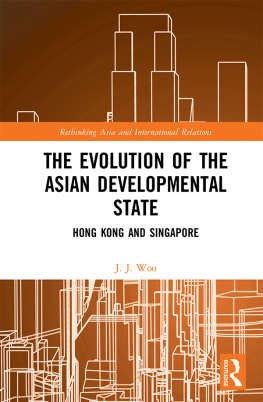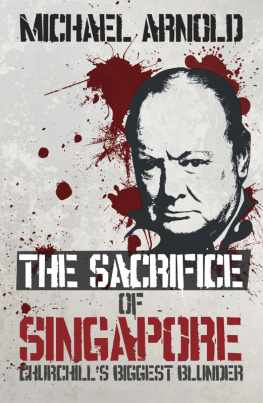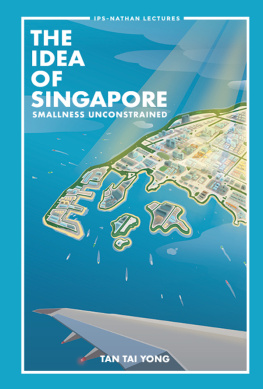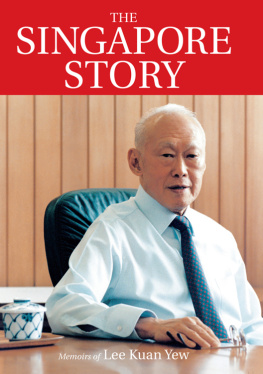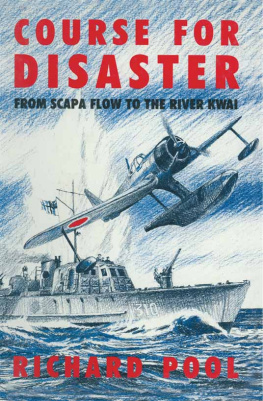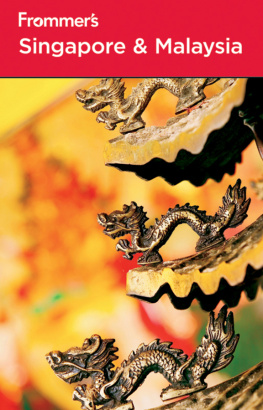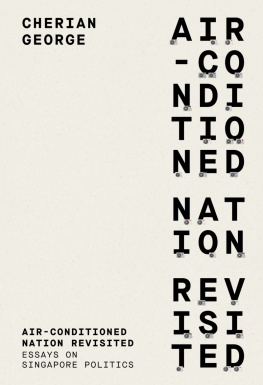Joey Shi Ruey Long - Safe for Decolonization: The Eisenhower Administration, Britain, and Singapore
Here you can read online Joey Shi Ruey Long - Safe for Decolonization: The Eisenhower Administration, Britain, and Singapore full text of the book (entire story) in english for free. Download pdf and epub, get meaning, cover and reviews about this ebook. year: 2011, publisher: Kent State University Press, genre: Politics. Description of the work, (preface) as well as reviews are available. Best literature library LitArk.com created for fans of good reading and offers a wide selection of genres:
Romance novel
Science fiction
Adventure
Detective
Science
History
Home and family
Prose
Art
Politics
Computer
Non-fiction
Religion
Business
Children
Humor
Choose a favorite category and find really read worthwhile books. Enjoy immersion in the world of imagination, feel the emotions of the characters or learn something new for yourself, make an fascinating discovery.

- Book:Safe for Decolonization: The Eisenhower Administration, Britain, and Singapore
- Author:
- Publisher:Kent State University Press
- Genre:
- Year:2011
- Rating:3 / 5
- Favourites:Add to favourites
- Your mark:
Safe for Decolonization: The Eisenhower Administration, Britain, and Singapore: summary, description and annotation
We offer to read an annotation, description, summary or preface (depends on what the author of the book "Safe for Decolonization: The Eisenhower Administration, Britain, and Singapore" wrote himself). If you haven't found the necessary information about the book — write in the comments, we will try to find it.
How America left its indelible footprint on the culture and politics of Singapore
In the first decade after World War II, Singapore underwent radical political and socioeconomic changes with the progressive retreat of Great Britain from its Southeast Asian colonial empire. The United States, under the Eisenhower administration, sought to fill the vacuum left by the British retreat and launched into a campaign to shape the emerging Singapore nation-state in accordance with its Cold War policies. Based on a wide array of Chinese- and English-language archival sources from Great Britain, the Netherlands, Singapore, and the United States, Safe for Decolonization examines in depth the initiatives--both covert and public--undertaken by the United States in late-colonial Singapore.
Apart from simply analyzing the effect of American activities on the politics of the island, author S. R. Joey Long also examines their impact on the relationship between Great Britain and the United States, and how the Anglo-American nuclear policy toward China and the establishment of a regional security institution (the Southeast Asia Treaty Organization) affected the security and decolonization of a strategic British base.
Long sketches a highly detailed and nuanced account of the relations between the United States, Great Britain, and Singapore. He not only describes the often clumsy attempts by covert American operatives to sway top political leaders, infiltrate governments, influence labor unions, and shape elections, but he also shows how Eisenhowers public initiatives proved to have far-reaching positive results and demonstrates that the Eisenhower administrations policies toward Singapore, while not always well advised, nonetheless helped to lay the foundation for friendly Singapore-U.S. relations after 1960.
As the first multi-archival work on the U.S. intervention in Singapore, Safe for Decolonization makes an important contribution to the literature on Southeast Asia-U.S. relations. It will be of interest to specialists in decolonization, diplomatic history, modern Southeast Asian history, and the history of the early Cold War.
Joey Shi Ruey Long: author's other books
Who wrote Safe for Decolonization: The Eisenhower Administration, Britain, and Singapore? Find out the surname, the name of the author of the book and a list of all author's works by series.


